If you were to tell the Meghan Stewart who won Homecoming queen in 2002 and became the first female soccer player to get a full-ride scholarship for a division one school that she would be diagnosed with stage four metaplastic breast cancer, chances are, she wouldn’t believe you.
Compared to breast cancer as a whole, metaplastic breast cancer is faster growing and more likely to spread to other parts of the body. Given a whopping five-year survival rate, only 55 percent of women are seen to recover from it.
What Stewart presumed was a case of nasty kidney stones with a side of acid reflux turned into something unimaginable, changing the course of everything she’s ever been accustomed to.
On Oct. 25, Stewart returned to Altoona to speak at the Blair County Convention Center for the annual Girls Night Out banquet.
“I was actually living in Branson, Mo. I had severe pain in my chest, and then it went to my spine. I went to a couple of different doctors, but they couldn’t figure it out,” Stewart said. “Then I finally went to this one and they were like, ‘well, it’s your CT scan. If you have kidney stones, it’ll show up.’ And as I was waiting for the results, I’m just sitting there. A doctor comes flying in and she’s like, ‘You had an abnormal CAT scan. You have stage four cancer.’ She’s like, ‘It’s in your kidney, liver, lungs, spine, sternum and ribs.’ I mean, I was riddled. I was like, ‘Am I going to be okay?’ And she just gave me this look.”
The sickness felt from her symptoms was no match for the uneasy dread that boiled in her stomach at first, the silent knowing of exactly what was to come. In a hurry, Stewart called her husband all the way in Charleston, S.C, with the weary news of: “Mom’s sick.”
Stewart moved back to Charleston to be with her family, but only briefly before flying out to the Cancer Treatment Centers of America in Phoenix, which, according to Stewart’s intensive research, was the absolute best solution.
“We flew out there [Phoenix], and they did some testing. I ended up having metaplastic breast cancer, which is very, very rare—and it’s very aggressive. It’s known to be resistant to treatment. So the hits just kept coming,” Stewart said. “They started the chemo, I just went through the process. I responded, really, really good to chemo. I think I only did four rounds of chemo, and they did the scans. My liver was cleared up, my kidneys were cleared, my bones were looking better and the lump in my breast was almost gone.”
After the swift response to chemo, Stewart became one of the first cancer patients to try a new method—immunotherapy, which entails having a person’s own immune system fight off cancer. Immunotherapy can change how the immune system works so it can attack cancer cells by finding them.
“After a couple years of immunotherapy, I did my scans and had no evidence of disease now in my body at all. I don’t ever say ‘cancer free’ because when you have stage four cancer, you can have such a high recurrence rate. So, I’m never out of the woods. But I’m coming up on six years in February, and only five percent of women survived five years of my type of cancer,” Stewart said. “I’m very, very lucky. It wasn’t an easy journey. Immunotherapy was the best thing ever because it didn’t make me sick. My hair started to grow back, and I wasn’t throwing up anymore. Chemo: It’s just—it’s rough.”
From being diagnosed at 33 in 2017, the idea of optimism seemed almost unattainable. However, Stewart claimed she didn’t care what the odds of her living were during her battle with cancer. “I will beat this,” she kept telling herself, because simply, an athlete never gives up.
“I’ve been an athlete my whole life. I’m competitive,” Stewart said. “I just looked at it like another game, so that was the mindset I went into. I just did all the things that I loved. I quit my job, obviously to stay home with my kids. For five years, I raised the kids, and we traveled like crazy. I mean, we went all over the place. I just wanted to make as many memories as possible, and I think getting out of the work, the rat race, and getting back to my family was a huge part of the healing process. I had no stress anymore. I just enjoyed life. I think that’s huge.”
Stewart began to write frequently, even starting a YouTube channel with her brother called: “Meg has Cancer.” Staying lighthearted and humorous was the only way Stewart was able to remain as positive as possible throughout the processes of different treatments. Although, once the worst of the worst was over, Stewart’s entire perspective of life was altered.
“Life is completely different. I went from being a director of a resort working crazy hours, to having breast cancer. I think breast cancer was more like heartache coming out in a different form,” Stewart said. “I definitely take things slower. Now I appreciate things, I do not sweat the small stuff. Even speaking in front of people today. If this was before I got diagnosed, I’d be so worried and so nervous, but when you are on the verge of dying, this isn’t anything. It’s not going to be the money that you make, or the job that you had, no one will care about that. You’re going to care about how you made them feel when you were here on Earth. That’s what I hope to leave. Leaving people better than I found them is my new perspective.”
Women as young as 18 can battle breast cancer, and Stewart has become keen on pushing women of all ages to perform self-checks in order to catch a form of cancer before it gets to a point of no return. Instead of encouraging women to ‘seek out’ cancer, Stewart suggests learning to love the body you’re given and maintain health by checking with gratitude.
“Never check your breasts in a way that you’re looking for disease because I think that puts a bad omen into it,” Stewart said. “Just love your body in checking, especially teens, because they have this tendency to focus on the bad, in a sense. Every couple weeks, just when you’re showering, thank your body for doing everything that it does while checking for lumps or checking for differences. But if you check yourself every couple weeks, and you thank your body, when something does come up, you’ll immediately know the difference.”
Breast cancer comes in all different shapes and forms. If you see a change in your nipples, if you become itchy, if you see rashes— resources are available, and you can never be too late in receiving the treatment necessary.
“I think as women, we have to be our biggest advocates,” Stewart said. “If we’re in pain, we have to tell someone and, often, our questions aren’t taken to heart. We have to fight for our own voices. Always follow through if you know there’s something wrong, and don’t give up. Find another doctor, find other resources. If the first doctor would’ve listened, I probably would have been diagnosed with stage one. But since it took me months and months— I went to stage four. I would’ve had a 100 percent survival rate, but instead I had a 20 percent chance.”
However bad the odds may be, there is not enough time to give up hope, not even for a moment.
“In the grand scheme of things, family is the most important thing,” Stewart said. “Love is the most important thing. Friendships, how we connect with people and how we treat each other—that will be our legacy.”
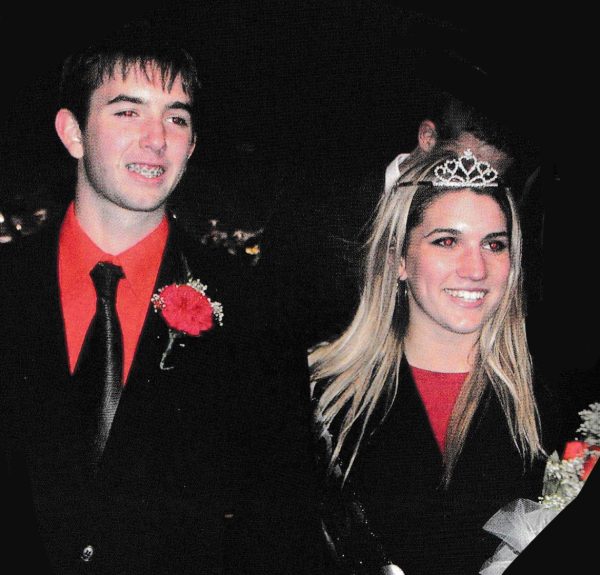



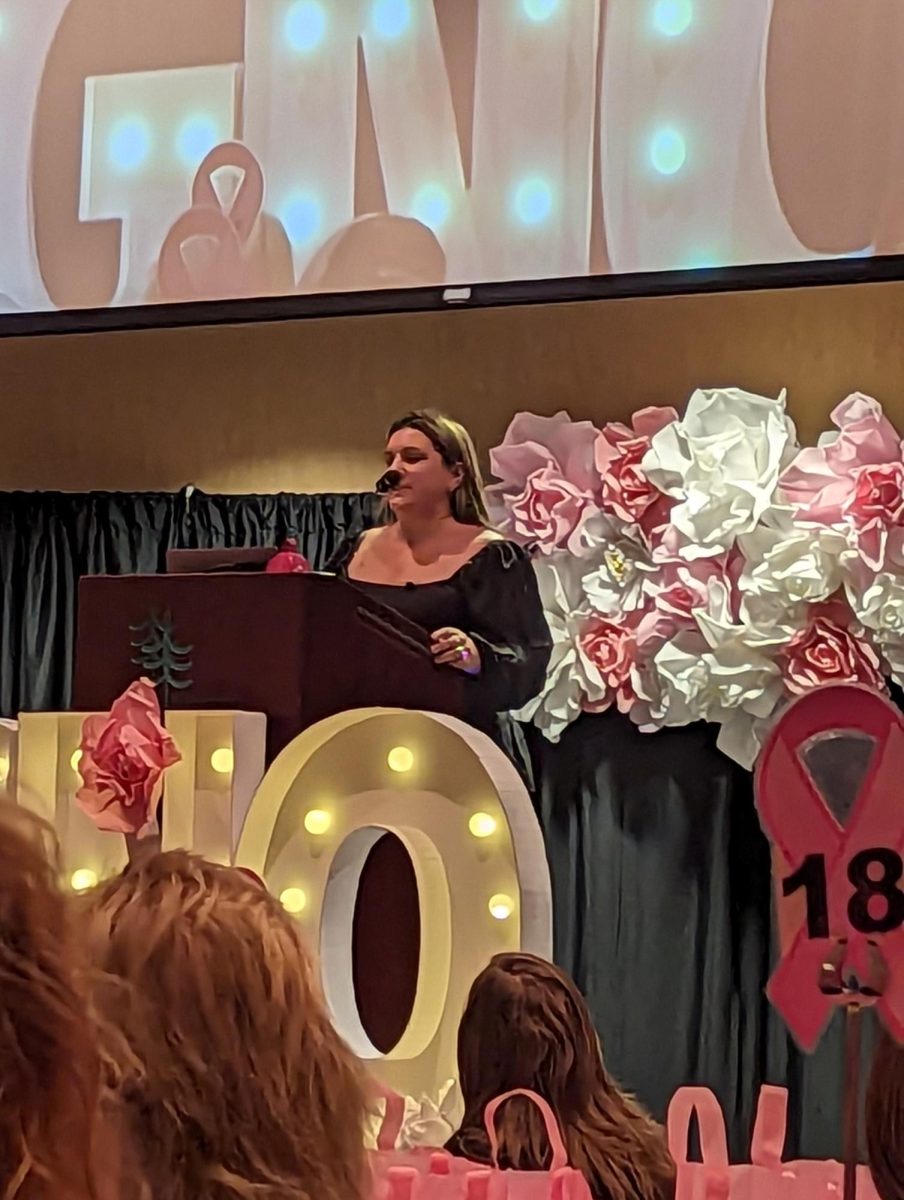
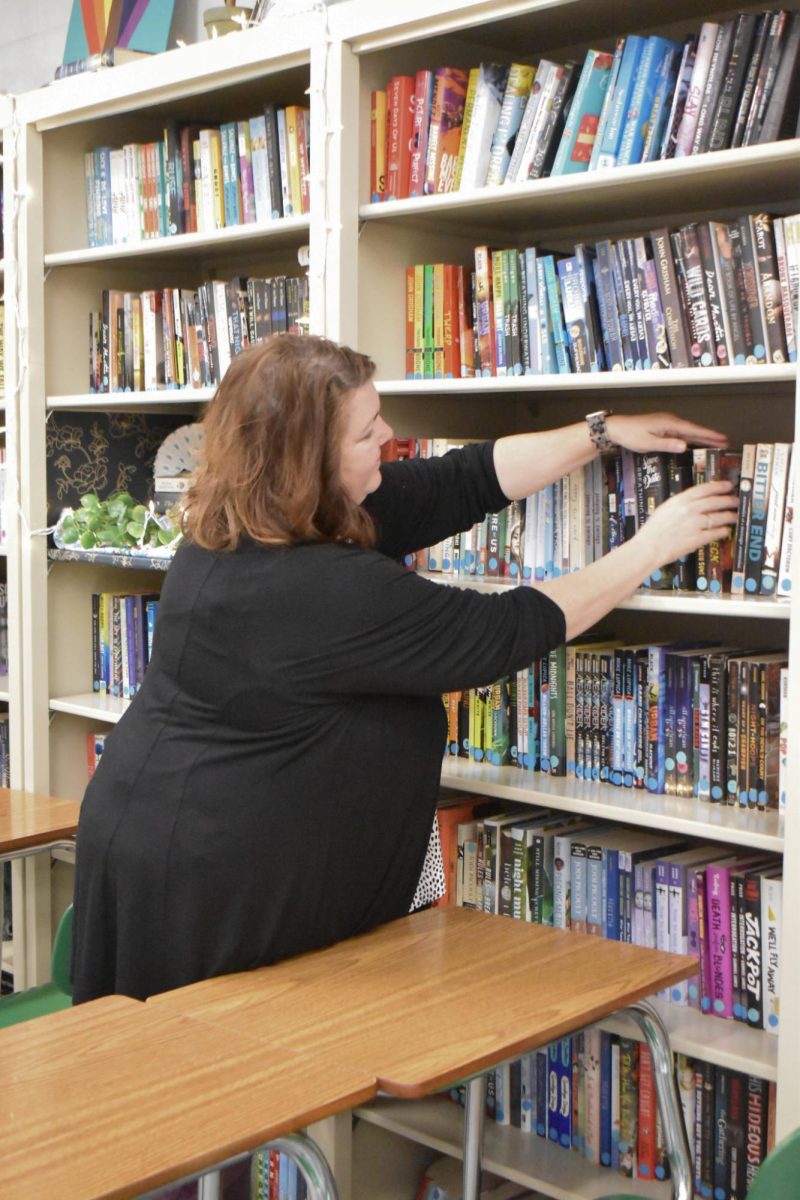
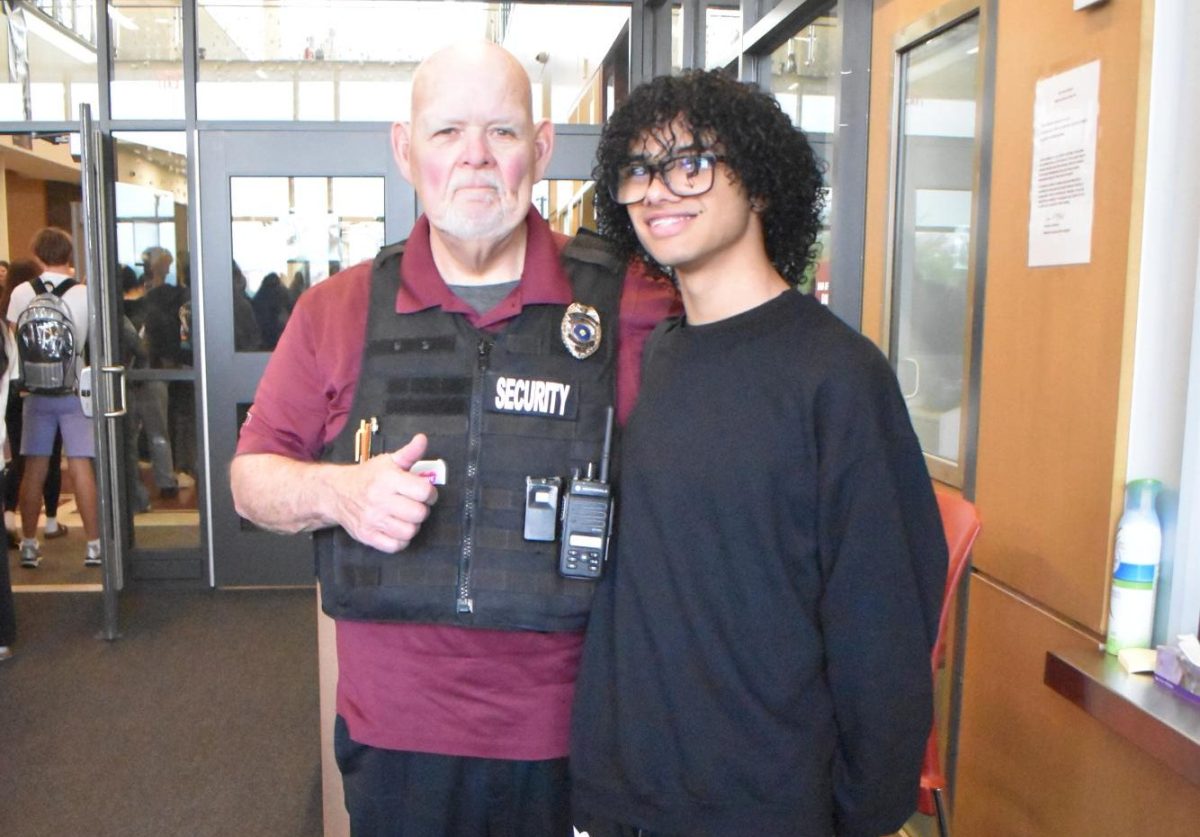
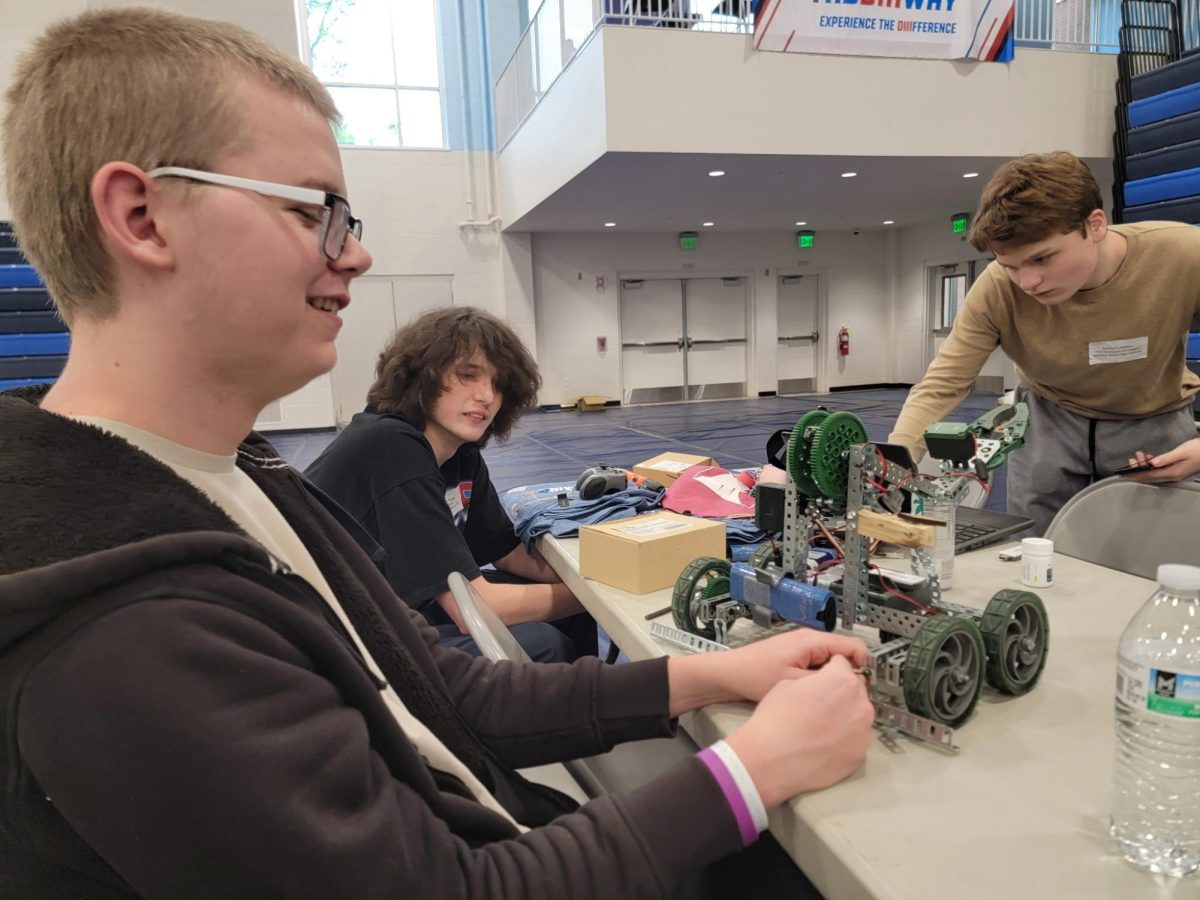

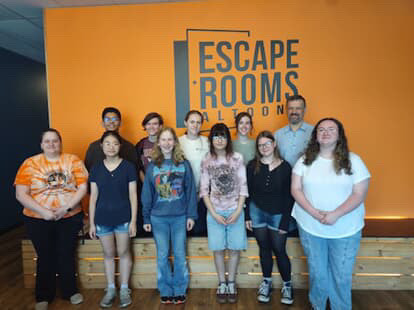

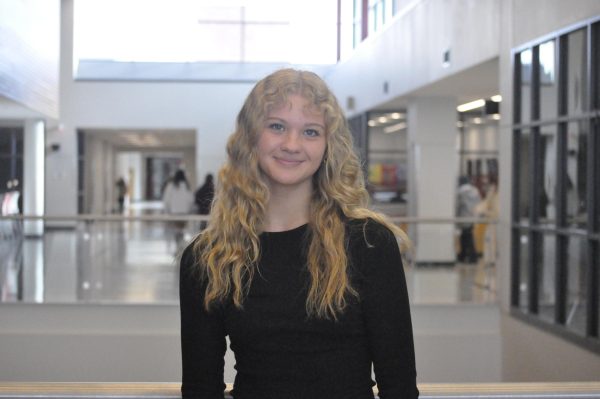
linda • Nov 13, 2023 at 6:06 pm
Great Read!!